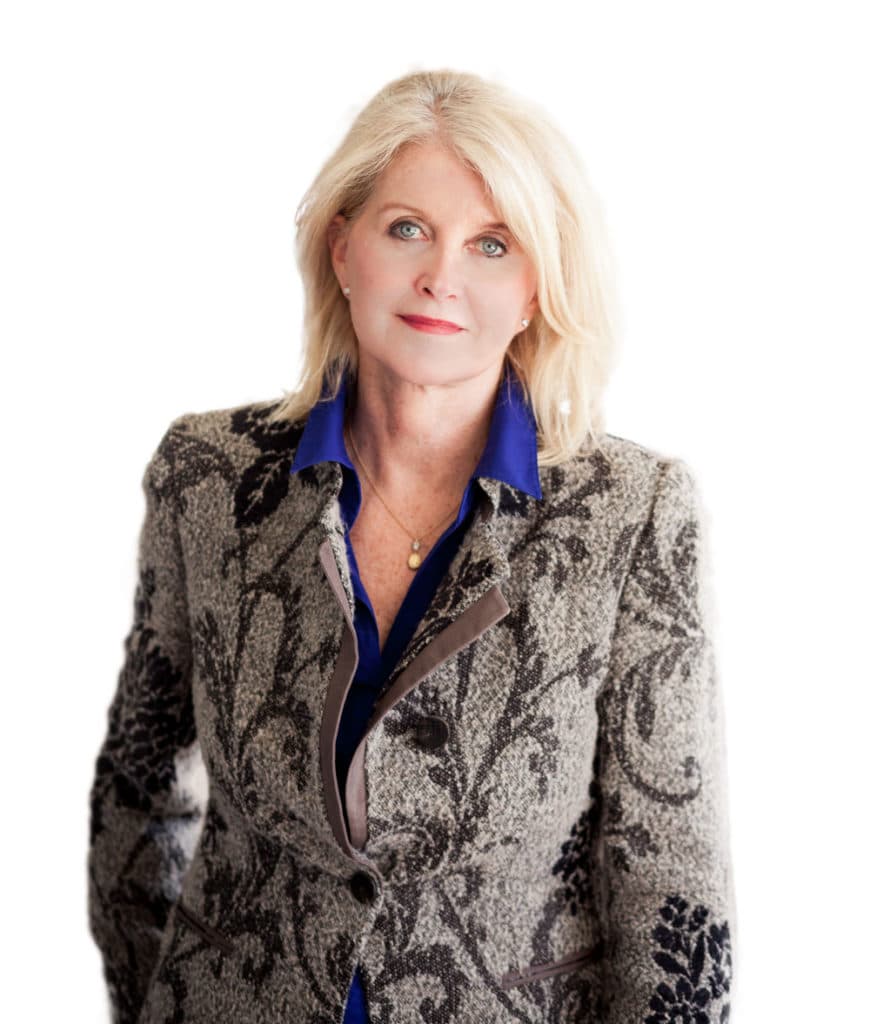Risk management for meetings and events has never been more crucial. Many event planners have had to learn the hard way how to create a risk mitigation plan — right when the coronavirus pandemic began unfolding.

Brenda Rivers, president of SAFE LLC (Sound Advice for Events), is passionate about risk management, and she has been training meeting planners for several years on how to develop a risk management strategy for their entire enterprise.
“We’re emerging from the greatest catastrophe in the last a hundred years, but event planners are resilient, optimistic and determined,” says Rivers. “But the good news is that pandemics and recessions have come and gone, and the meeting and events world will bounce back from COVID-19 stronger and more resilient than ever.”
Getting back to business, however, will not be business as usual. A recent open forum of 400 event planners noted that 63% said their top concern was convincing stakeholders to hold live or hybrid meetings. To gain their confidence as live events resume amid the ongoing pandemic, the safety of guests and staff must remain the top priority. And for the long term, planners will have to prepare for the inevitable next crisis.
The learning look-back process
According to Rivers, event planners should start the recovery process by convening your team and key stakeholders to evaluate lessons learned.
“The big question is how prepared were you over these last three to four months?” she says. “What happened that you want to maintain? And what do you need to improve? Every risk holds the promise of an opportunity and a better way to survive and recover in a crisis.”
From this debriefing, you can make written recommendations for the rebuilding process. The opportunities in the lessons learned become the foundation of your recovery plan.
The four duty of care standards
Rivers has developed a practical, customizable approach to safe meetings targeted specifically for meeting and event professionals. When trying to decide how to begin, she recommends focusing on the four duty of care standards, which is a legal construct to avoid potential litigation for negligence. These standards include the duty to research, the duty to inform, the duty to recommend, and the duty to plan.
“There is always legal risk for the event sponsor, the organization and the meeting planners if we don’t operate according to the most reasonable standards of care,” she says. “The standards of care are a mind-set of your ethical, responsible and moral duty as a meeting professional.”
As you apply these principles to your risk management playbook, you can recognize possible gaps at each stage. For more information on the four duty of care standards, download the white paper on the SAFE LLC website.
Key elements for a risk management playbook
With the information gathered during the standards of care evaluation, you construct your risk management strategy. According to Rivers, six key elements make up the written roadmap for your first post-coronavirus meeting.
- Review current state of preparedness through the learning look-back process discussed above.
- Assess vulnerability to evaluate potential risks associated with your first live meeting during or after the pandemic. You can also download a free pandemic vulnerability assessment to create a risk matrix that will help you determine your overall level of exposure to legal, financial and safety risks.
- Identify your resources, including hotel partners, convention centers, security, health services, first responders, law enforcement, event cancellation insurance and arbitration services.
- Develop the crisis response plan. The plan includes the people involved and their roles and responsibilities.
- Integrate the crisis communication plan, which is a messaging strategy not only to your internal customers but also to all of your external and prospective and past attendees.
- Recover and evaluate, which is what most event planners are currently doing as they cancel, reschedule and plan for future meetings.
Safety and preparedness are now crucial to your meeting’s business purpose and successful ROI. When you as the event planner develop a risk management plan, you can produce a safer event and be more prepared for any possible incidents. When communicated effectively, the meeting risk management process can also elevate your brand with positive messaging about all the ways you’re putting your constituents first.
About Brenda Rivers
Brenda Rivers, J.D., HMCC, CIS, is president of SAFE LLC and a recognized expert in practical risk management training and consulting for meeting organizers and event planners. Rivers has a background in hospitality law, and she is certified by the Institute of Crisis Management. She’s the author of several white papers and a book on meeting and event risk management. Learn more about her background and expertise.
About SAFE LLC
SAFE LLC is a consulting practice that leads corporate event management teams to design and develop their organization’s customized standard operating procedures for meeting and event risk management. Learn more at safellc.com.
For more information
• Download a free pandemic vulnerability assessment.
• Read Rivers’ white papers on legal liability and meeting risk management.
• Watch this webinar for a live presentation of her risk management strategy process.


